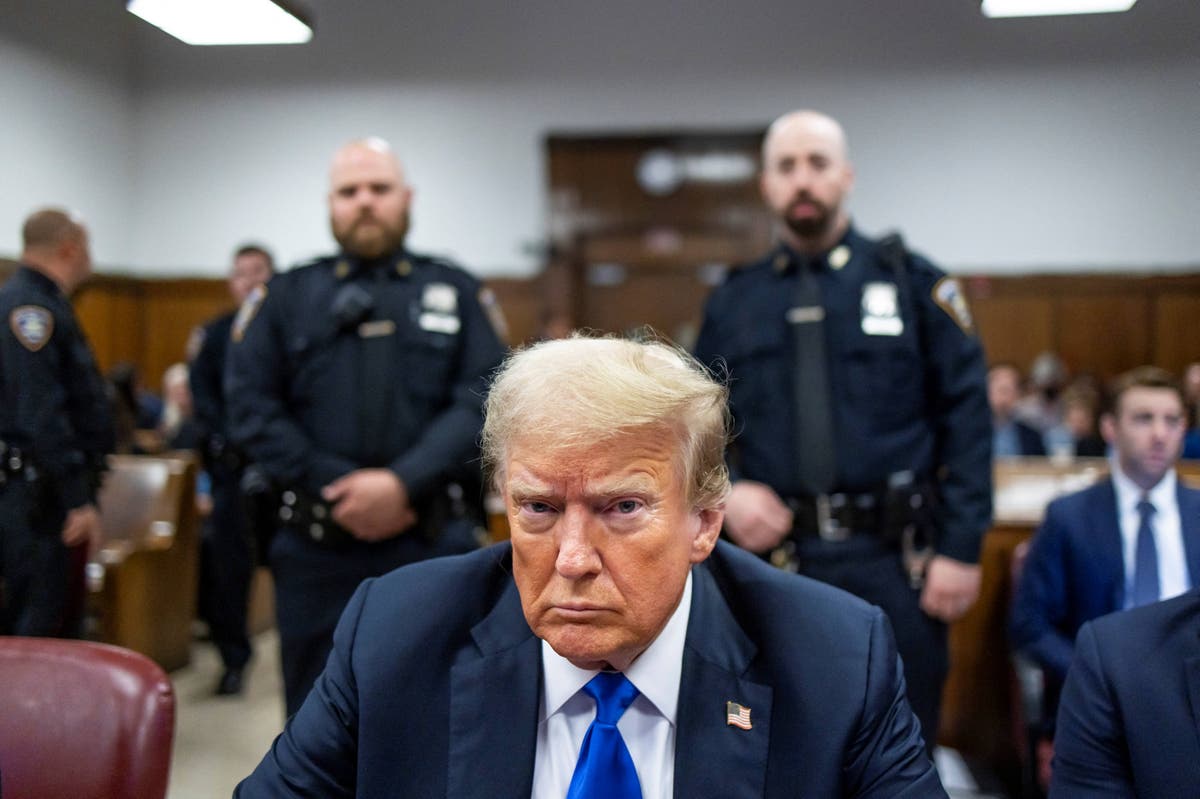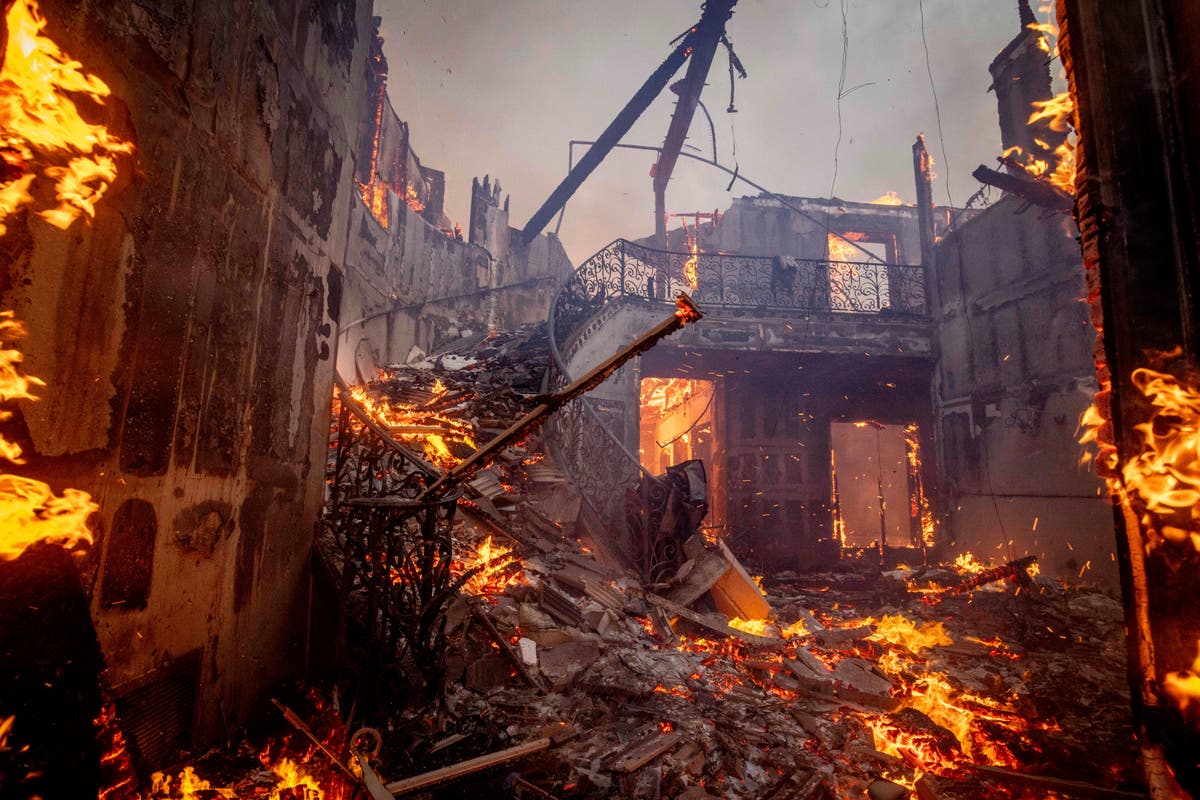Congo's government executed 102 men in the past week, with another 70 slated for execution today, according to the Justice Minister. The executions, carried out in Angenga prison, target "armed robbers and urban bandits" (Kulunas). This raises serious human rights concerns.
The 102 men executed in the past week, and the impending execution of 70, were aged 18 to 35. Forty-five were killed in late December, and the remaining 57 within the last 48 hours. A further 70 prisoners have arrived at Angenga, but the government's response has been muted.
The government defends the executions as a necessary measure to curb urban crime. Residents, such as Fiston Kakule from Goma, support the policy, citing the fear of street crime.
However, human rights activists like Espoir Muhinuka voice serious concern over potential extrajudicial killings. Muhinuka emphasizes the importance of adhering to judicial processes and basic rights, warning that political pressure could lead to wrongful convictions.
The government’s decision contrasts with the country's history. Congo abolished the death penalty in 1981, reinstating it in 2006. Prior to this recent wave of executions, the last executions in the nation took place in 2003, although the reinstatement in 2006 aimed at military personnel.
The resumption of capital punishment follows recent military trials where eight soldiers were sentenced to death for desertion (March 2024) and another 25 for similar offenses (July 2024). No executions of these soldiers have been reported.
The situation highlights a complex struggle between order, security, and human rights in the Democratic Republic of Congo. Combating urban crime must be balanced with addressing the socioeconomic factors that contribute to criminal activity.







